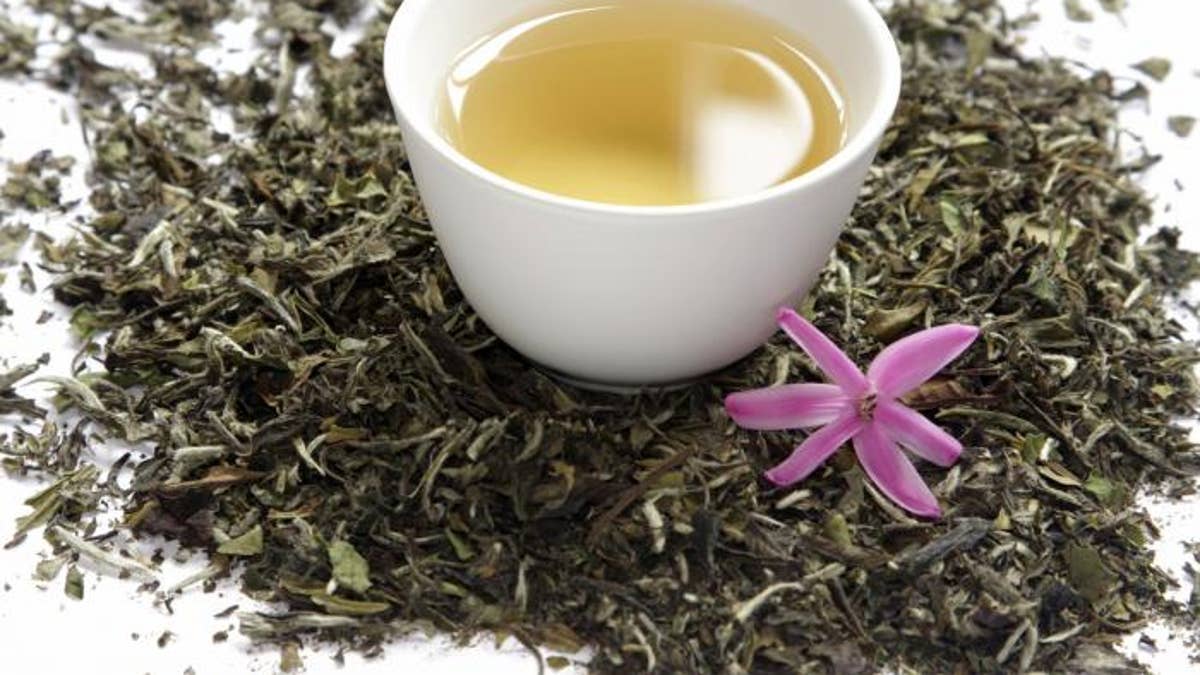
I recently visited my local beauty supply store while on the hunt for the latest and greatest in anti-aging skincare.
Like most women, I’m always looking for the “holy grail” item. A saleswoman approached me and I expressed to her my eagerness to find something that really works.
She leaned in close, lowered her voice and said “I’ll tell you a secret…white tea. Drink lots of white tea.”
"OK," I thought as I stared at her.
How and why would drinking tea — a tea that I had never even heard of — help keep me looking young? I left the store that day empty-handed but curious to see if there was any truth behind her claim.
After doing a little research, I found out that her suggestion might not have been so farfetched after all.
White Tea—What is it?
Black, green, white and oolong teas all come from the same plant, the Camellia Sinensis. What differentiates each type of tea is the age of the plant when it is picked, and the length of time the plant is processed. White tea is picked the earliest and is the least processed. This leads many researchers to believe that of all teas, white may retain the highest levels of the health-promoting antioxidants already commonly known in black and green teas.
A recent study even suggests that white tea may have antioxidant activity that directly affects the health and appearance of skin!
Anti-Aging Antioxidants
When researchers from England looked at the potential skin-supporting properties of 21 plant and herb extracts, including green and white tea, they found that white tea outperformed them all.
The study looked specifically at the effects on structural proteins found in the skin called elastin and collagen. Elastin is responsible for maintaining elasticity of the skin along with aiding in wound repair. Collagen is a protein found in connective tissue that supports the skin’s strength as well as elasticity. The breakdown of these two proteins can lead to age-related wrinkles and sagging skin.
Researchers found that white tea helped to prevent this breakdown, which could mean stronger, suppler skin. Furthermore, the amounts of white tea used in the experiments were far less than one would typically consume in beverage form, begging the question of how effective white tea could really be.
The Fountain of Youth in a Cup?
The antioxidant potential and health benefits of drinking all types of tea have long been proven. Although more research is needed on how white tea affects the skin, early indicators are definitely positive. Maybe my beauty store informant was on to something after all.
I think it’s time to make myself a cup of white tea.








































